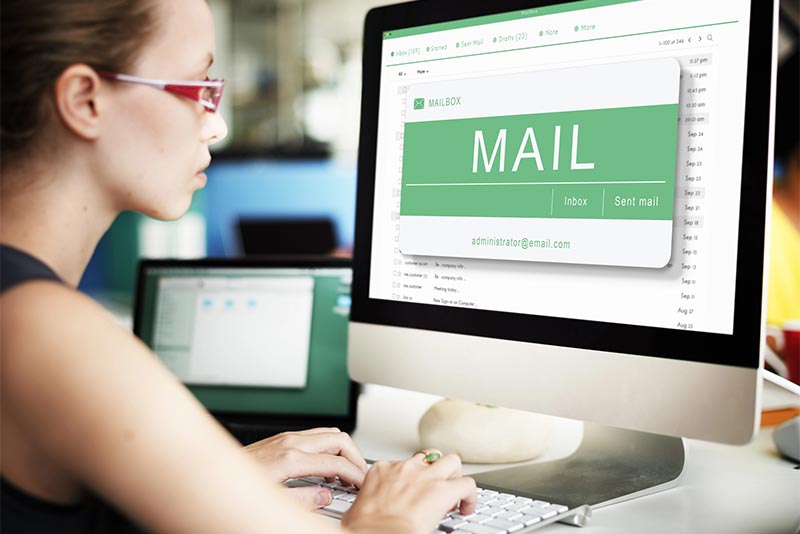Phone calls are one of the most convenient ways to establish contact with potential clients, answer their questions, and gain trust. Of course, social networks, emails, and online chats are effective, but making a call is very often the decisive factor in whether the new client will choose your practice or not.
Why Phone Calls Are Important for Aesthetic Practices
- Speaking directly with a potential client helps create a powerful connection, making them feel valued and comfortable. Phone calls create a level of personal interaction that other digital communications often need to improve.
- When a person is interested in services, for instance, treatment, pricing, or scheduling, phone calls allow them to receive information within a short time that will enable them to make a decision. Phone calls also allow for quick and direct responses to client questions.
- Businesses that engage with clients over the phone often achieve higher conversion rates than those relying solely on digital methods. A well-handled phone conversation can convert a client’s interest into a booked appointment.
Common Mistakes to Avoid During Phone Calls
- Creating a Poor First Impression – How a call is handled affects the caller’s perception of the practice. A warm and professional greeting creates a good impression and clarifies common misunderstandings right from the start.
- Lack of Knowledge – Clients expect your staff to be informed about your services. When one cannot answer fundamental questions regarding treatments that may be available, their costs, or otherwise, confidence is lost. Regular training is critical to ensure all staff members are well-prepared.
- Neglecting to Follow Up – Failing to follow up after a call can result in lost opportunities. If a potential client expresses interest but needs to book immediately, a polite follow-up call can remind them of your services and encourage them to schedule an appointment.
Best Practices for Managing Phone Calls in Your Practice
- Invest in training to ensure your staff is courteous, professional, and knowledgeable. Regular practice sessions can help them handle various types of inquiries with confidence.
- Create guidelines for handling frequently asked questions about services, pricing, and availability. This will ensure consistency in communication and help staff deliver clear and accurate information.
- Encourage your team to listen actively, show empathy, and ask open-ended questions. Make sure they give brief and clear answers, and most importantly, they should show they are willing to assist.
- Encourage potential clients to book appointments during the call by offering to schedule them immediately, mentioning special promotions, or highlighting limited-time offers.
Enhancing the Client Experience Through Phone Calls
- Follow-Up Calls – Following up with clients after consultations or treatments shows that you value their experience. It also provides an opportunity to collect feedback, clear possible concerns, and encourage repeat business.
- Adding a Personal Touch – Use phone calls for personalized communication, such as appointment reminders or post-treatment check-ins. This can improve client relations and help create long-term relationships with the clients through such measures.
Using Technology to Improve Call Management
To optimize your phone call strategy, consider using technology tools such as:
- Call-Tracking Software: It assists in comparing the results of phone inquiries, determining the time of day when most calls are made, and improving call-handling practices.
- CRM Systems: Customer Relationship Management (CRM) software can help manage client interactions and ensure personalized communication based on past conversations.
By focusing on effective phone call management and utilizing best practices, your practice can improve client relationships, increase bookings, and, ultimately, grow your business.










